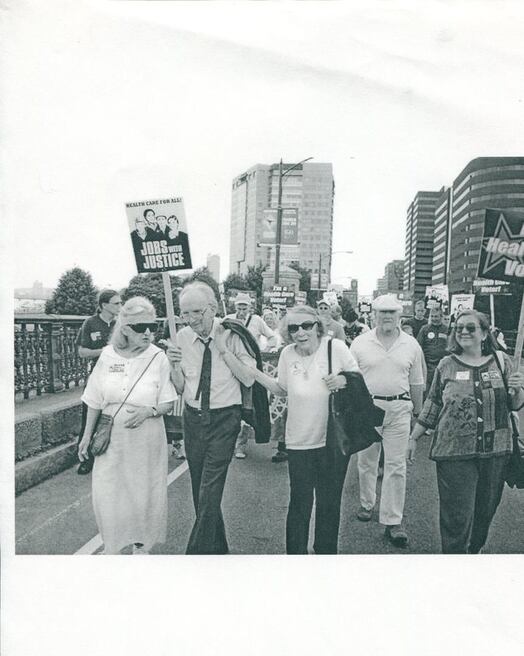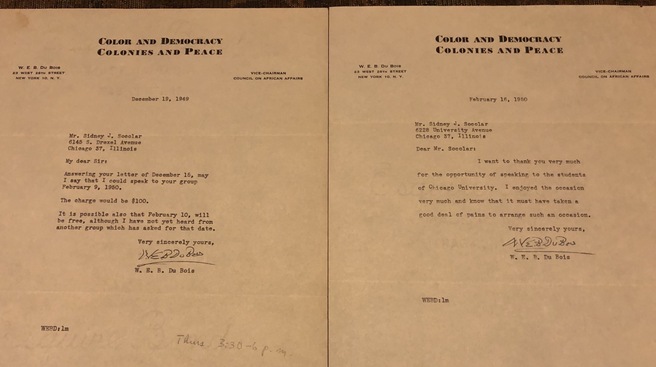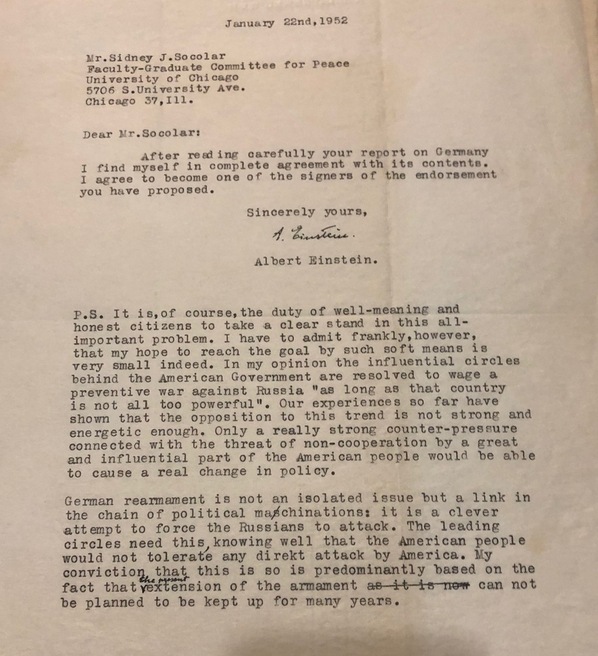Remembering my dad one year later, on the eve of an election
If we could talk, he would be interested and supportive, glad to hear that I will spend the day on Tuesday working at the polls, and excited to hear that I think they can win - and replace the Republicans as Philadelphia's #2 party. He probably would ask to tell him more about Kendra Brooks and Nic O'Rourke and would be pleased to hear that Helen Gym was a key endorser and supporter, having heard about Philly politics over the years. He’d want to hear about the Working Families Party’s history in Philly, what issues the campaign was focusing on, and the balance of forces in City Council, and how that could change.
I started to pick up an interest in independent political action from my mom and dad in childhood. One of my first political memories is of hearing my dad talk about why we had to support LBJ against Goldwater despite Vietnam and other bad policies. But a year later in the New York City mayoral election, he was casting a third-party protest vote. I did the same in an in-school poll before that election and still remember vividly my fifth-grade teacher reporting John Lindsay’s margin of victory to the teacher collecting classroom results and adding with a laugh “and there was one vote for a socialist!”
While my dad put more energy into the organizations he worked with on issues like health policy than he did on electoral work, he understood the power that elected officials have. He read and thought deeply about each election and was always interested in discussing the electoral politics issues of the day and engaging others in thinking about who we should be supporting. His positions weren’t always predictable. But if he were with us, there’s no doubt he’d be following the political battles about how to defeat Trump, and also whatever races were taking shape in New York and around the country.
A year ago, in his last hours, he had difficulty speaking but seemed heartened by the hopeful projections about the impending congressional elections. In his last years, one of his regular financial contributions was to the Working Families Party.
On Tuesday night, he and my mom would want to hear from me how it went at the polls and so I’d call. I’m picturing that call. What I will really miss more than anything is the heartfelt “Mazel tov!” from him when I share the good news.
His ability to cheer and celebrate victories was part and parcel of his lifelong commitment to the struggle for social justice. I feel I owe it to him and my mom to maintain some fraction of their optimism about the possibility for change and their determination to work for a better world.




